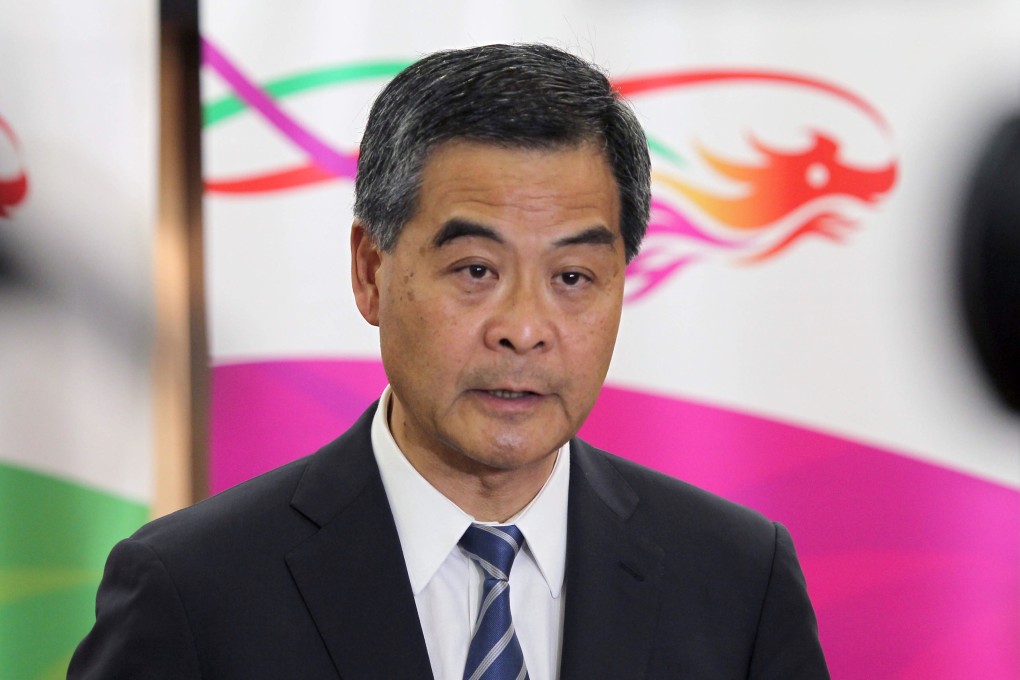Mr. Shangkong | Hong Kong seeks innovation but chokes firms that can power development
HK wants technology to power development but chokes the very firms that could lead the way

Two events in a single day last week made Hong Kong a very ironic city for business development. First, Chief Executive Leung Chun-ying talked about innovation. Second, the government stifled that innovation to help the old economy survive.
Last Thursday a number of industry groups released a survey showing nearly one in three people in Hong Kong who use the internet dip into services such as car-hailing app Uber, flat-rental site Airbnb, crowdfunding operations or other peer-to-peer platforms. Those services form part of the new "sharing economy" and Uber is widely considered globally its best case study.
On the same day, Uber, one of the world's most influential start-up companies and valued at more than US$50 billion, was forced to launch an online campaign to seek public support in Hong Kong after the police raided Uber's offices and arrested drivers and staff mainly over the provision of unlicensed services. Airbnb is also facing legal challenges in Hong Kong due to similar issues.
Politically, this has come at the wrong time for Leung as he seeks to launch an "innovation and technology bureau", pending legislative approvals.
He sees the bureau as a means to help Hong Kong boost its competitive advantage in technological innovation as someday there may an Apple or Facebook launched in the city. However, some legislators are hesitant to approve the bureau over concern it will be another poorly planned waste of money, with little need to play for time.

